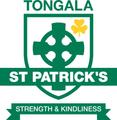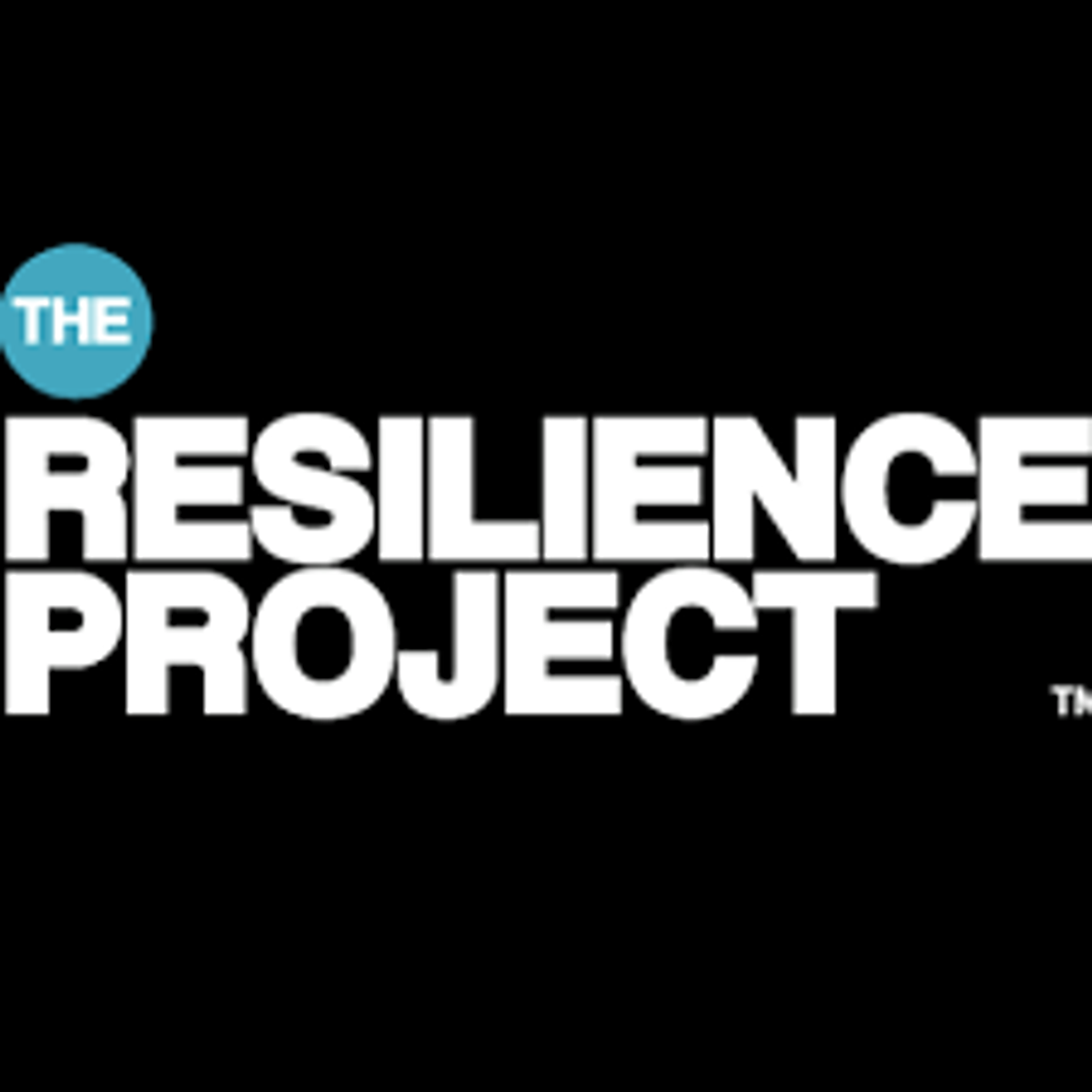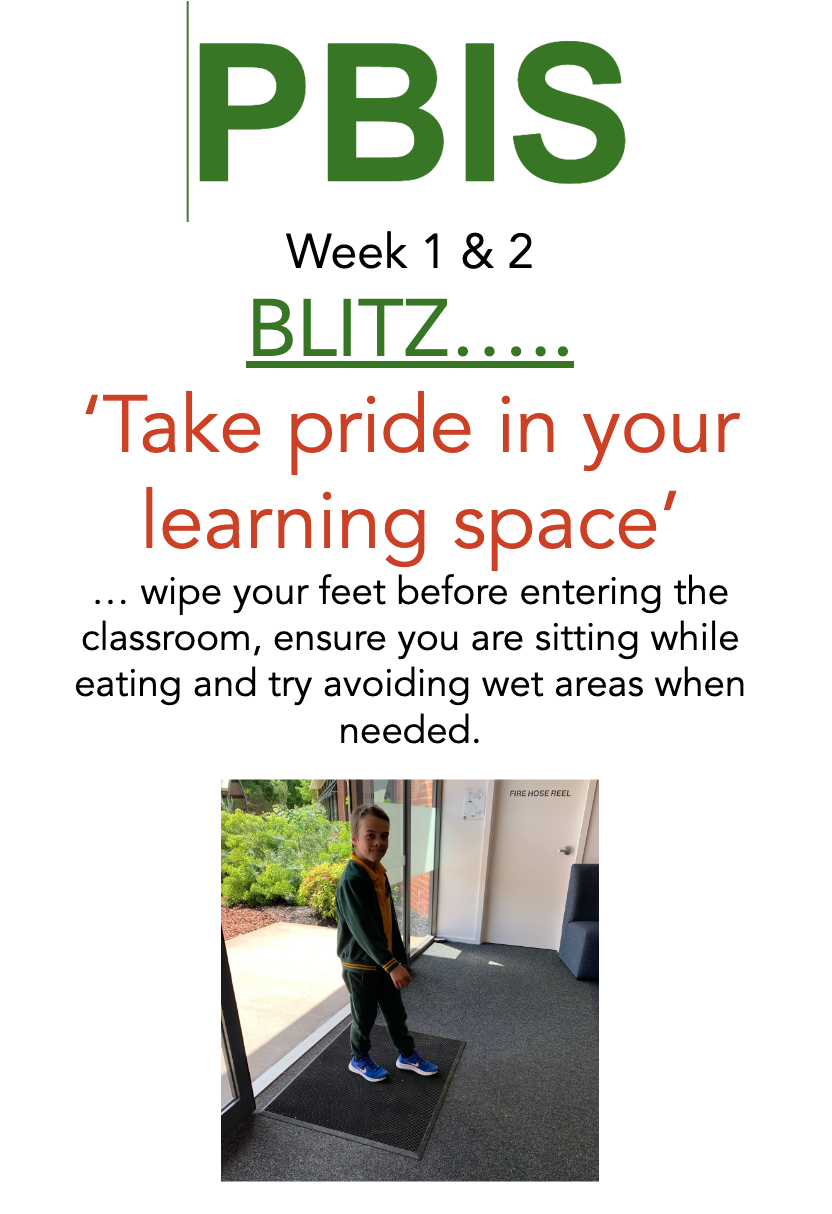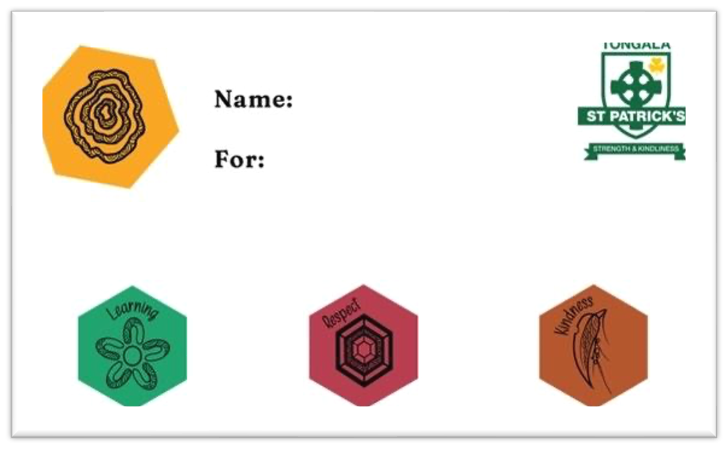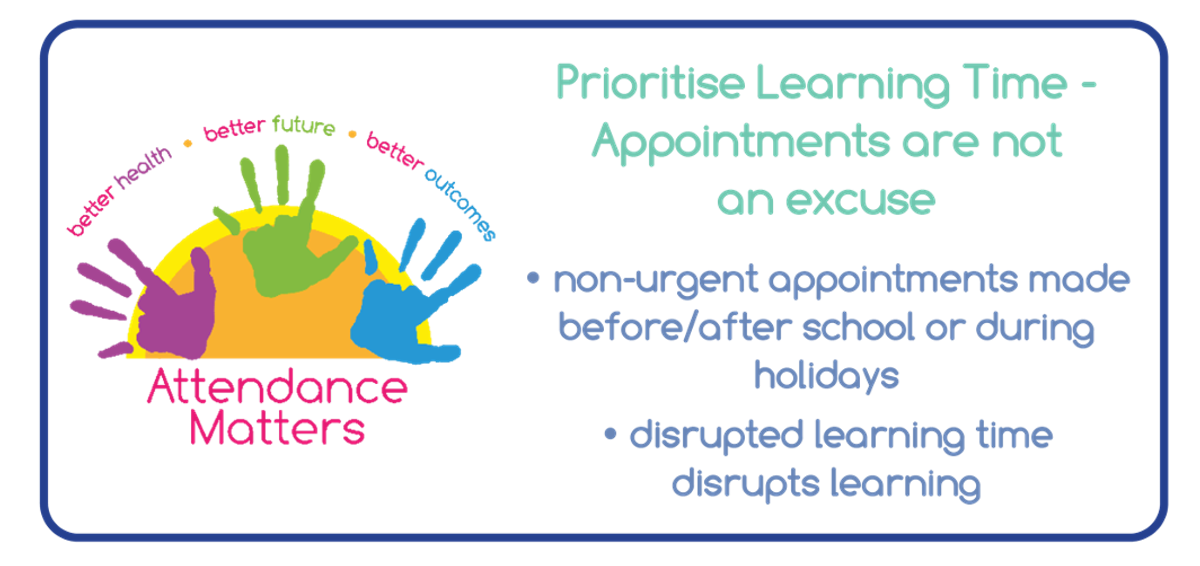Wellbeing
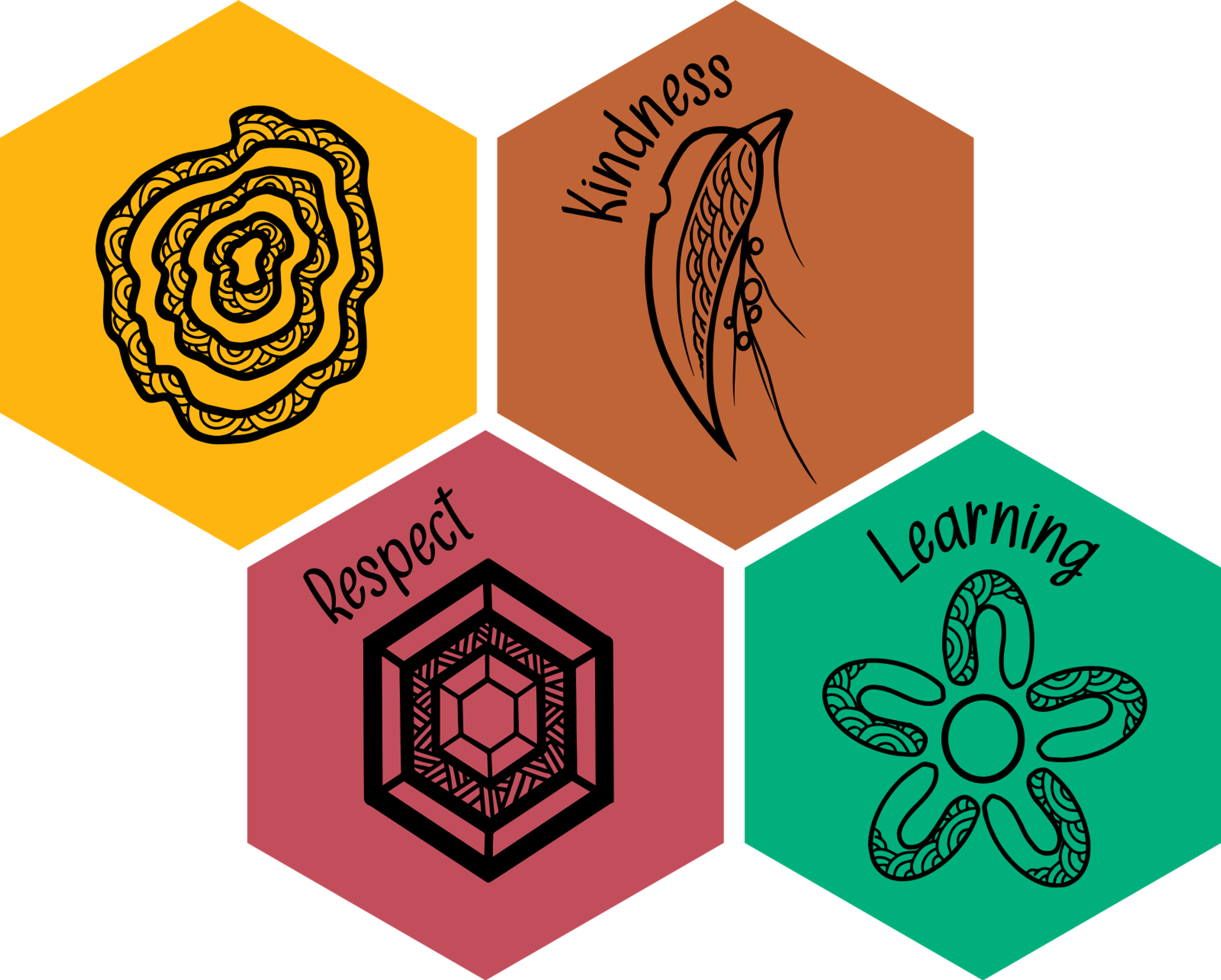
Introduction
Working on empathy helps us to identify, understand and feel what another person is feeling. When we show empathy or we do something kind for someone else our brain releases oxytocin. This leads to us increasing our self-esteem/confidence, energy levels, positivity and overall happiness.
Daily Reflection: Ask everyone in the family to name someone who was kind to them today. What did that person do? How did it make you feel?
The Task
Playing games is a great way to spend time together as a family. Games are also a great way to model empathy by demonstrating how to encourage each other, how to be a good winner and loser and how to take turns, follow rules etc.
Here is a list of games to play as a family:
• Duck, duck goose
• What’s the time Mr. Wolf?
• Freeze tag or freeze dance
• Poison ball/dodge ball
• Tunnel ball
• Follow the leader
• Simon says
• Hide and seek
• Your favourite family board game
• Bowling/Skittles (set up some plastic bottles and throw a ball to knock them over)
PBIS - Positive Behaviour Supports & Interventions
Fortnightly Blitz
As part of PBIS at St Patrick’s Primary School we focus on a Blitz every fortnight. The fortnightly Blitz is introduced by our PBIS student leaders at our school assemblies.
Our current Blitz is ‘Take pride in your learning space’. Teachers and PBIS student leaders keep an eye out for students that are demonstrating this behaviour and they can get a token to go in their class letterbox.
New Tokens
This term we are using new tokens. We have decided to introduce these new paper tokens to try and increase our language around our school values, we value Learning, Respect and Kindness. Below is what the tokens now look like:
Parents & Carers Guide to Digital Technologies and Mental Health
This webinar is designed for parents and carers of young people aged 10 - 18.
It will explain how games, apps and social media can influence young people's mental wellbeing.
It covers:
- current research on young people, time online and mental health
- accidental exposure to content about suicide, self-harm or eating disorders
- using games, apps and social media to support mental wellbeing
- pros and cons of digital mental health platforms
- strategies for young people to support friends online
The webinars run on:
Wednesday 12 October, 7:30 - 8:30pm
Monday 17 October, 12:30 - 1:30 pm
Thursday 27 October, 12:30 - 1:30 pm
Register on the link - https://register.gotowebinar.com/rt/9223357062192996109
